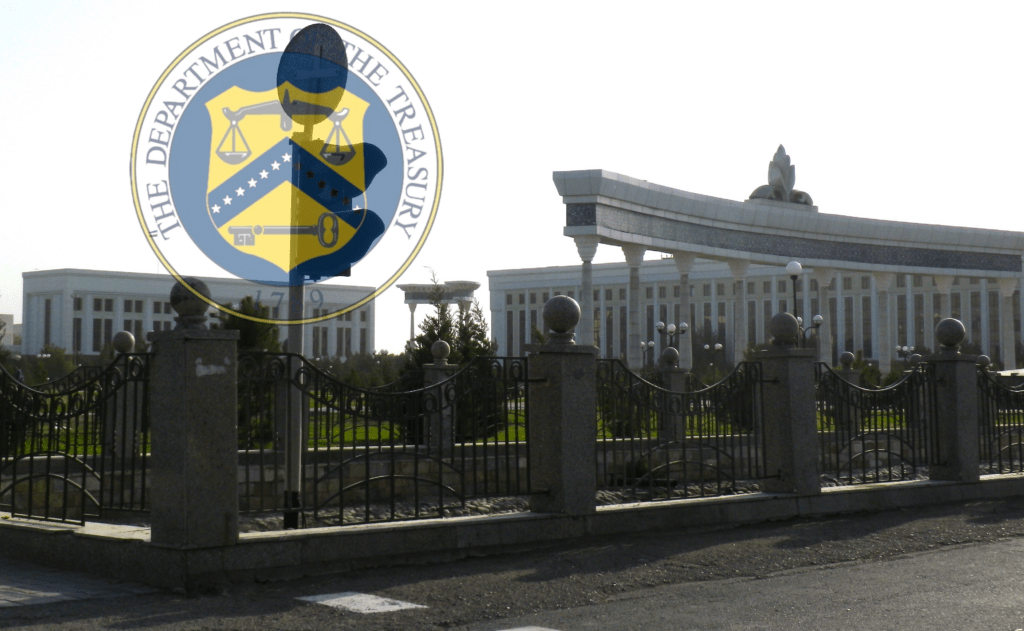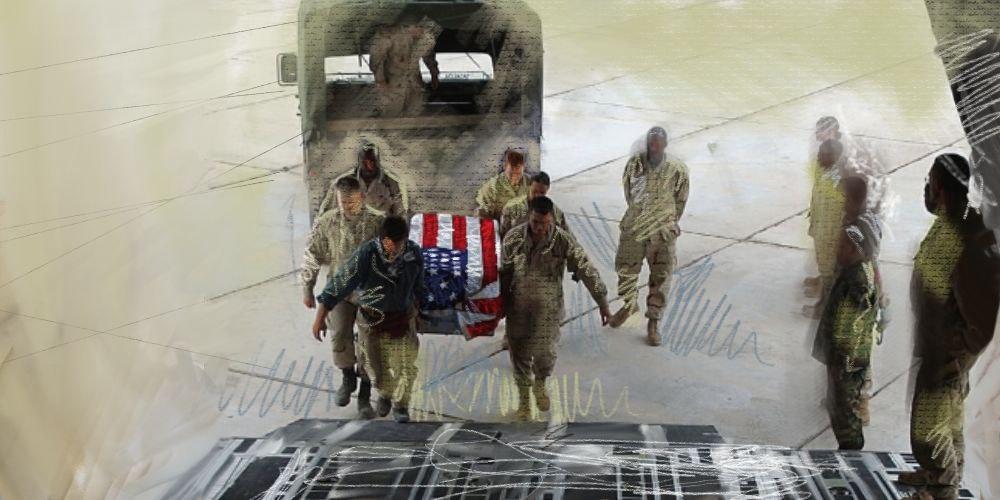Uzbek Teenager Illegally Earned Over $2.5 Million Through Cryptocurrency
A 17-year-old boy has been detained in the Zhondor district of Uzbekistan’s Bukhara region for allegedly conducting illegal cryptocurrency transactions. Authorities claim the teenager engaged in the acquisition, transfer, and exchange of crypto-assets without obtaining the required licenses. Over the course of his activities, he reportedly amassed approximately 34 billion UZS (around $2.6 million). Law enforcement officials have filed a criminal case against the teenager under Article 278-8, Part 3, of Uzbekistan’s Criminal Code. This article addresses violations of laws regulating cryptocurrency transactions. Authorities have seized all of the funds the teenager earned through his alleged activities. A preliminary investigation is ongoing to determine the full extent of the violations and uncover any additional details surrounding the case. Cryptocurrency transactions in Uzbekistan are tightly regulated, with severe penalties for non-compliance. Under the law: Purchasing, selling, or exchanging crypto-assets without a license is punishable by administrative arrest of up to 15 days or a fine of 20–30 Basic Calculation Units (BCUs). Confiscation of both crypto-assets and associated funds is also mandatory. If an individual continues illegal activities after receiving an administrative penalty, they may face criminal charges, including imprisonment of up to 5 years. Unauthorized cryptocurrency mining can result in administrative arrest of up to 5 days or fines ranging from 20 to 30 BCUs. For reference, one BCU currently equates to 330,000 UZS (about $25). To conduct cryptocurrency operations legally in Uzbekistan, individuals and businesses must use licensed service providers. Licensed entities ensure compliance with the country’s strict regulatory framework, minimizing risks for participants in the crypto market.






